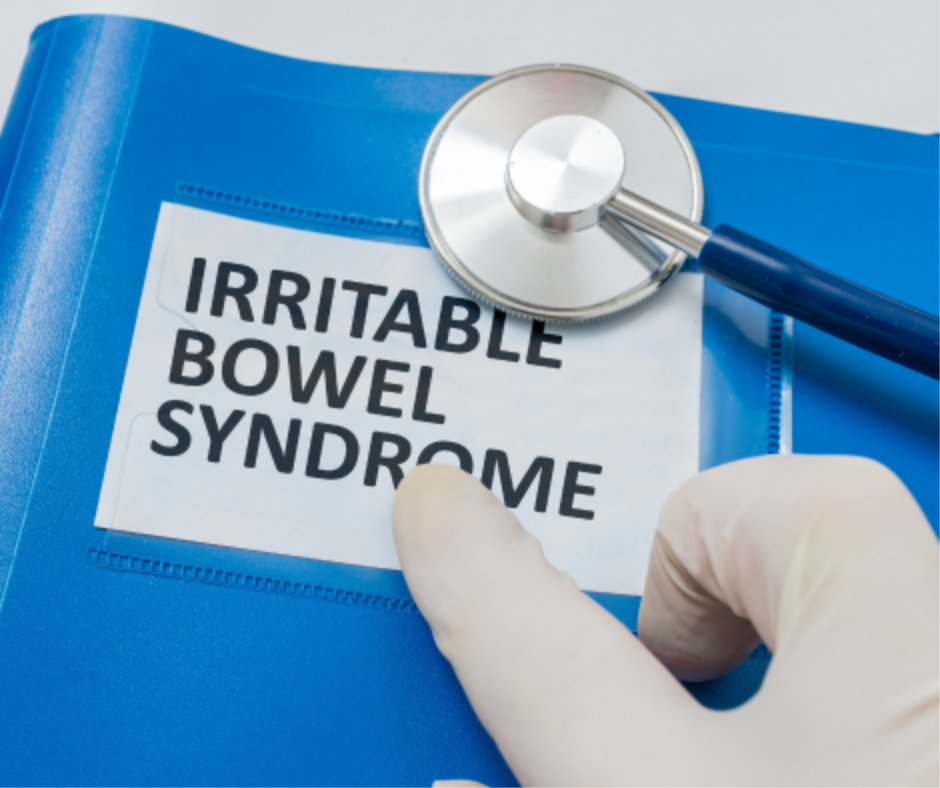GUT HEALTH INFLAMATION – IBS (IRRITABLE BOWEL SYNDROME)
Irritable bowel syndrome (IBS) is a common condition that affects the digestive system. It causes symptoms like stomach cramps, bloating, diarrhoea and constipation. These tend to come and go over time, and can last for days, weeks or months at a time. It’s usually a lifelong problem
Irritable Bowel Syndrome (IBS) is a chronic digestive condition that affects millions of people worldwide, causing symptoms like abdominal pain, bloating, gas, diarrhea, and constipation. These symptoms often fluctuate, lasting for days, weeks, or even months, making IBS a challenging, lifelong condition. IBS is deeply connected to gut health and inflammation, as chronic inflammation in the digestive tract disrupts normal gut function. Imbalances in the gut microbiome, where harmful bacteria outnumber beneficial ones, can exacerbate symptoms. Additionally, stress is a known trigger, intensifying gut inflammation and making symptoms more persistent and difficult to manage.
Sensitivity testing offers a transformative approach for managing IBS by identifying specific foods and environmental triggers that provoke gut inflammation. Many individuals with IBS are unaware of the subtle food sensitivities or intolerances that worsen their symptoms. Sensitivity testing pinpoints these triggers, allowing for targeted dietary adjustments to reduce inflammation and restore gut balance. By addressing these hidden causes, along with incorporating probiotics, stress management techniques, and a gut-friendly diet, individuals can significantly improve their IBS symptoms and overall quality of life. This holistic strategy not only reduces flare-ups but also supports long-term digestive health and well-being.
Irritable Bowel Syndrome (IBS) is closely related to gut health and inflammation. IBS involves chronic inflammation of the digestive tract, leading to symptoms like abdominal pain, bloating, gas, diarrhea, and constipation. Gut microbiome imbalances and stress can exacerbate IBS symptoms by further disrupting gut function and increasing inflammation.
A study in the Journal of Gastroenterology found that over 60% of individuals with IBS have an imbalance in their gut bacteria, contributing to symptom severity. Another study published in Digestive Diseases and Sciences showed that stress management reduced IBS symptoms by 40%, highlighting the connection between stress, gut health, and inflammation.

